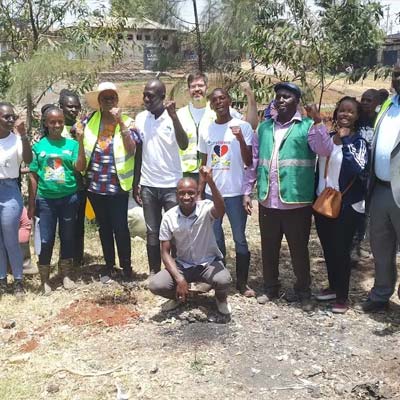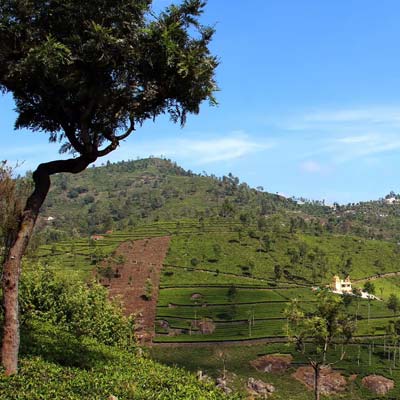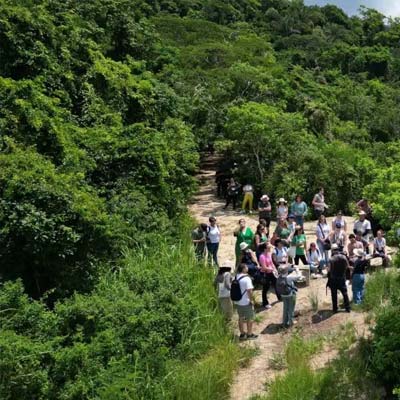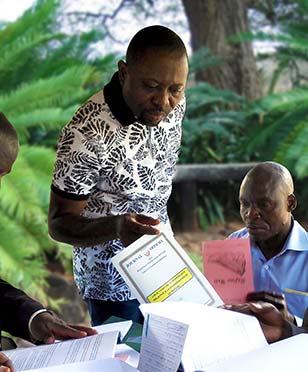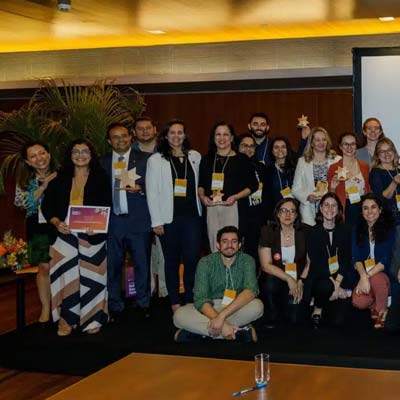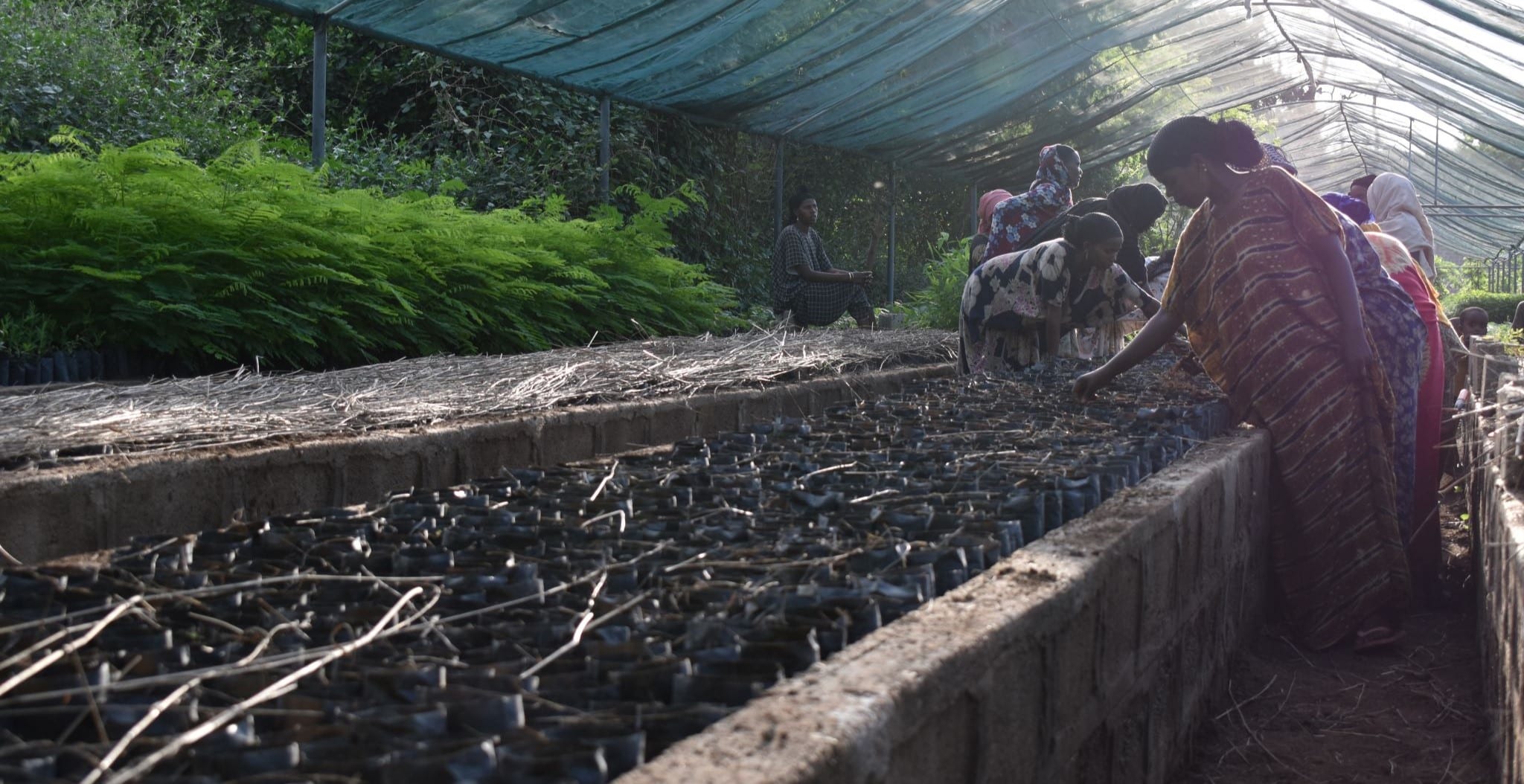Activities in nearby forests such as watershed management, ecotourism, and recreational services can provide co-benefits such as new employment opportunities to forest-reliant communities. However, when communities are not engaged in decisions, it may endanger their access to the watershed’s resources or ability to utilize non-timber forest products and services.1, 34 Kenya Forest Service provides a positive example though their Participatory Forest Management Plans, which have guidelines on local community engagement and allows for them to harvest honey, grass, fuel wood, and medicinal herbs in forest areas with ecotourism programs.
In some cities, access to ecotourism and recreation may be affected by costs related to gear, equipment, and travel.21 The government can potentially alleviate these challenges by partnering with private entities and introducing subsidized recreational programs targeting low-income communities.
Resources
How Ecotourism Affects Human Communities | Zacarius and Loyola, 2017
Guidelines for Community-based Ecotourism Development | WWF
Gender-Responsive Toolkit on Ecotourism Planning and Management| Philippine Commission on Women
A Toolkit for Monitoring and Managing Community-Based Tourism | SNV and University of Hawaii


